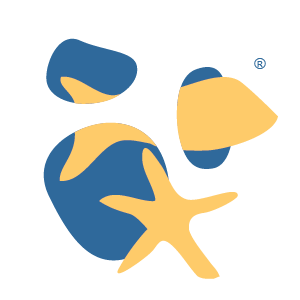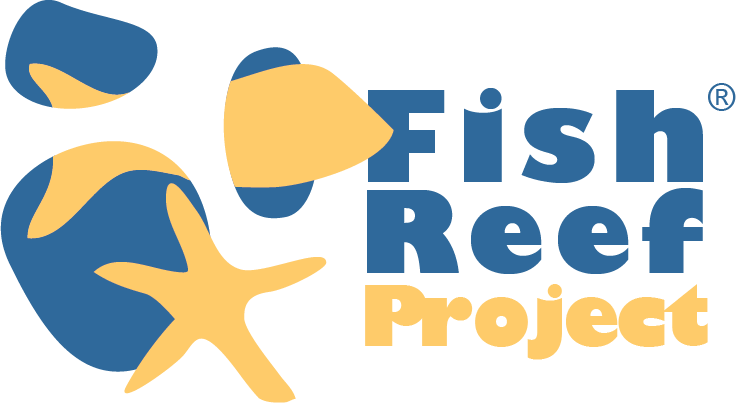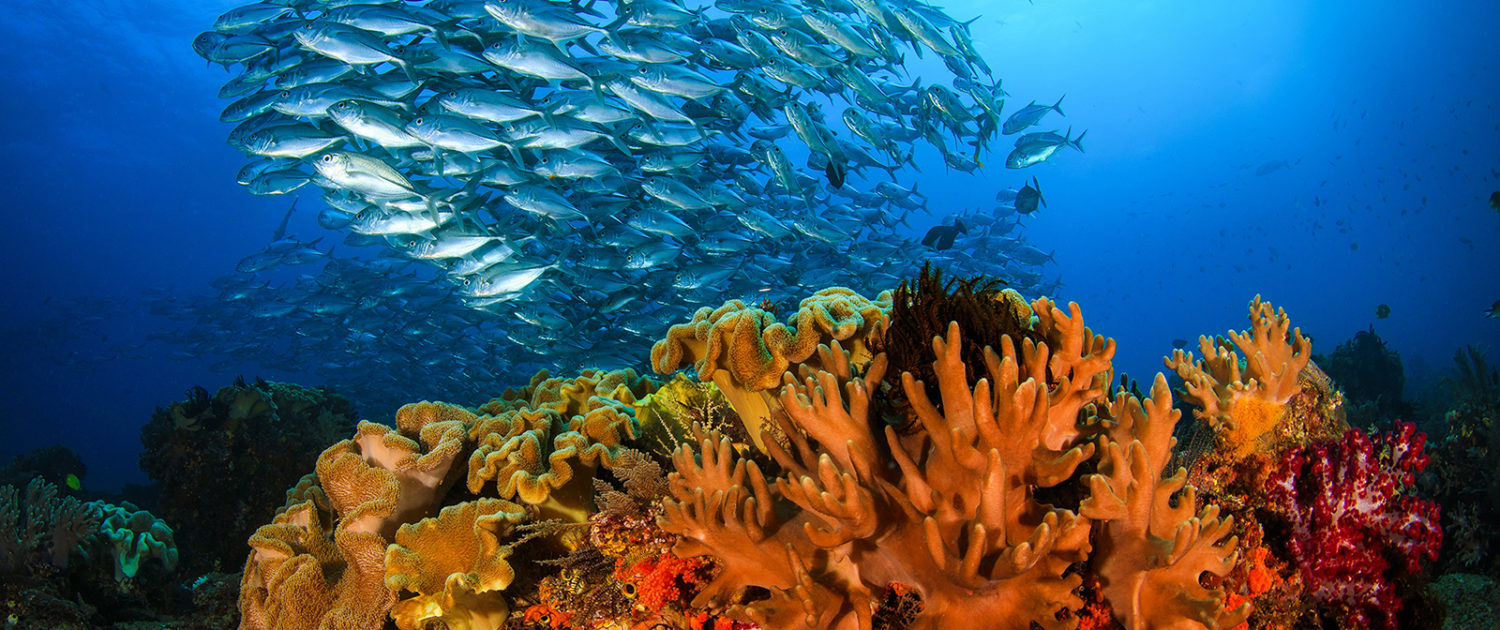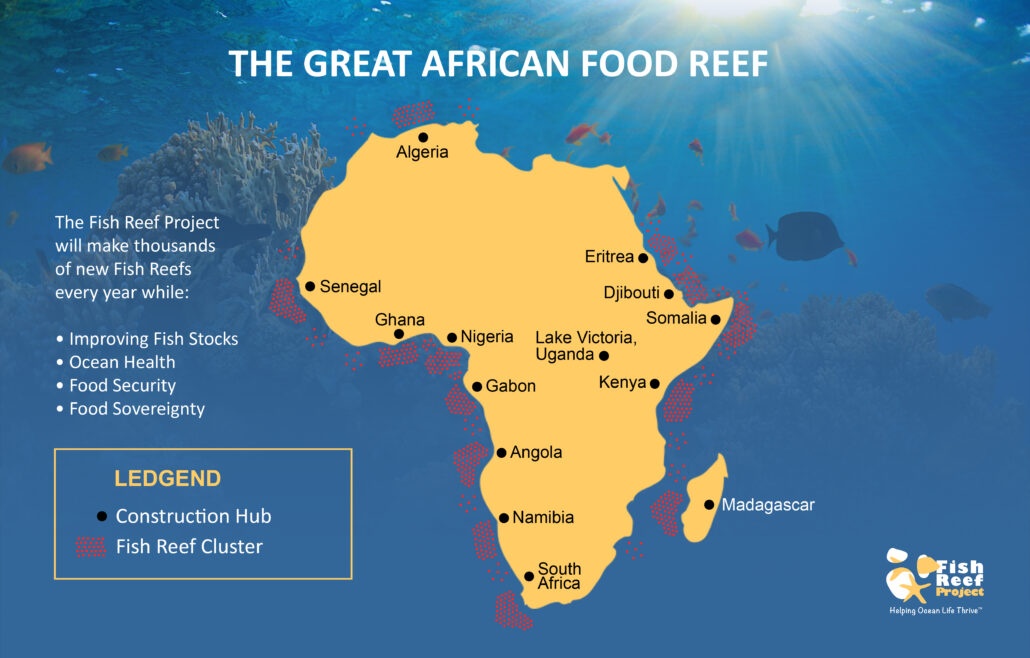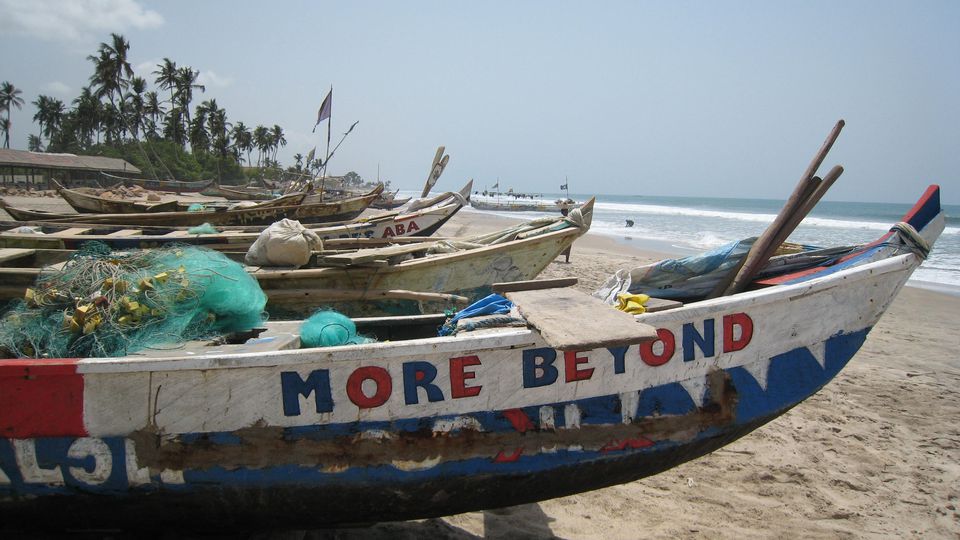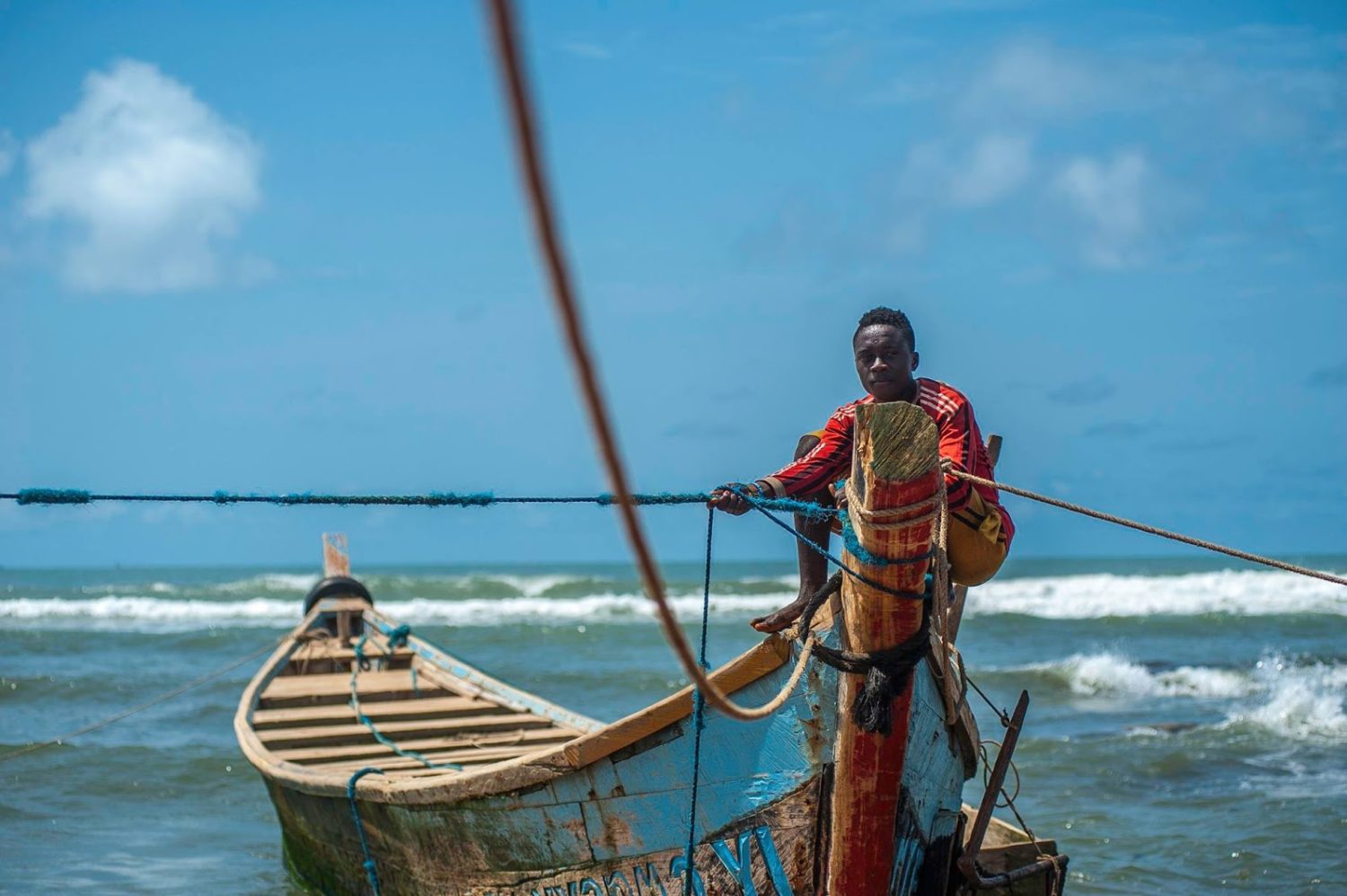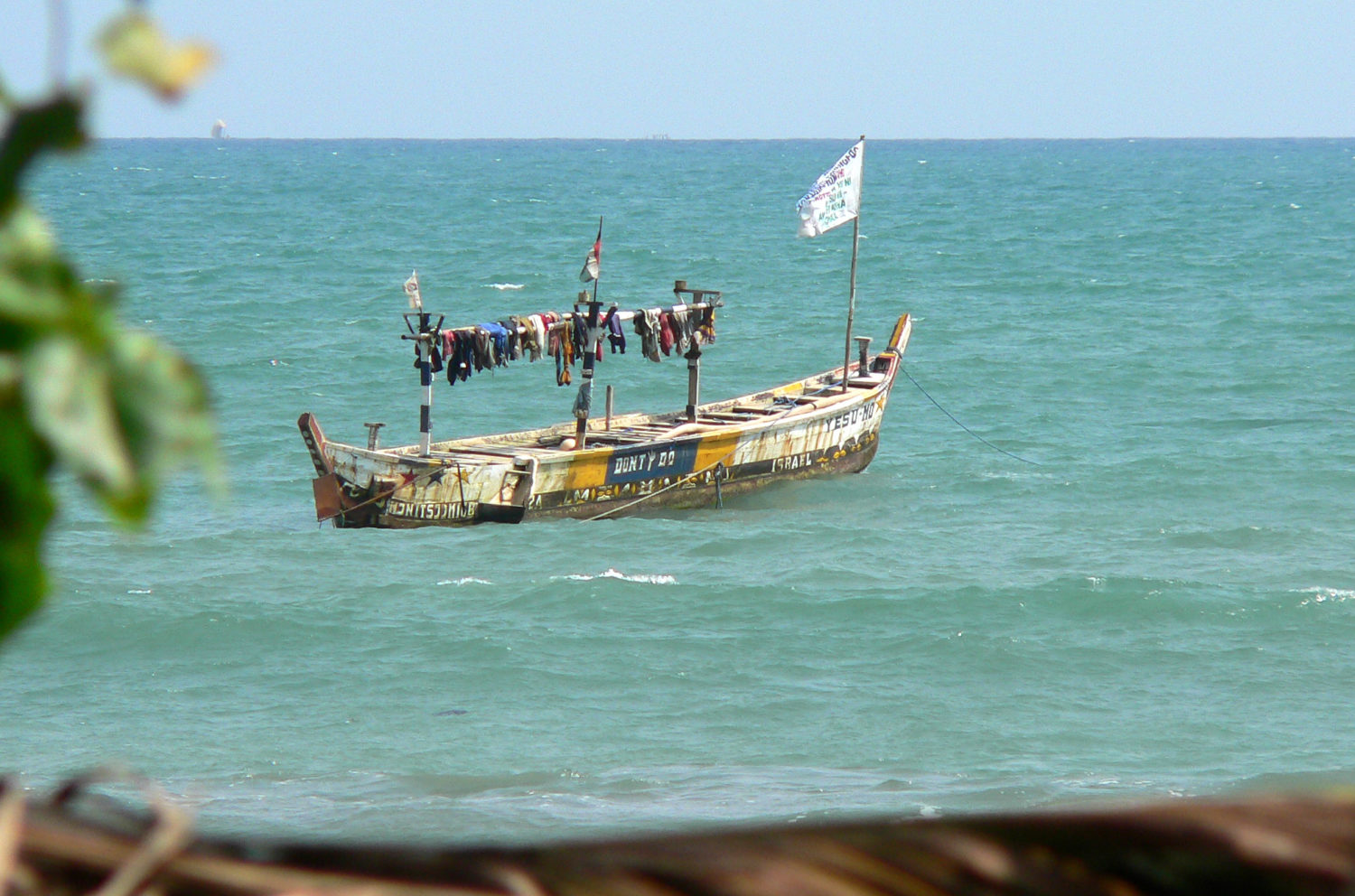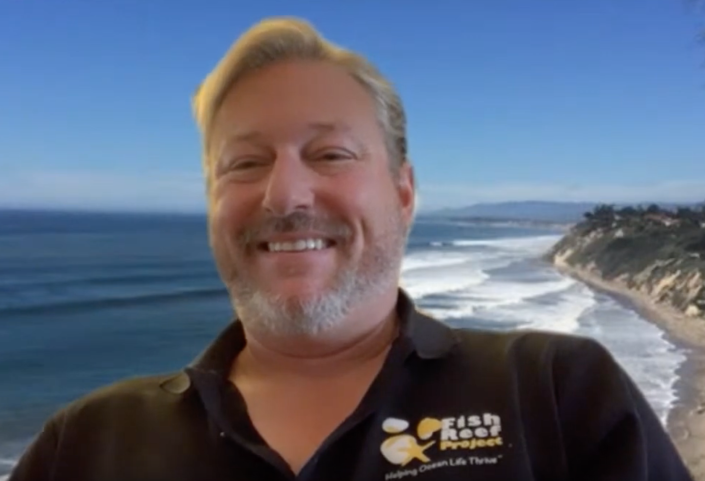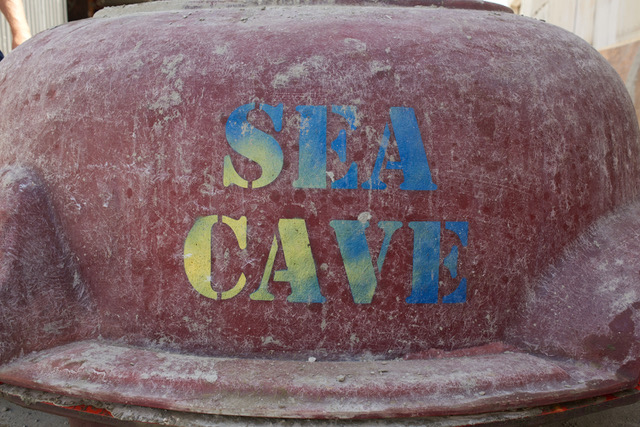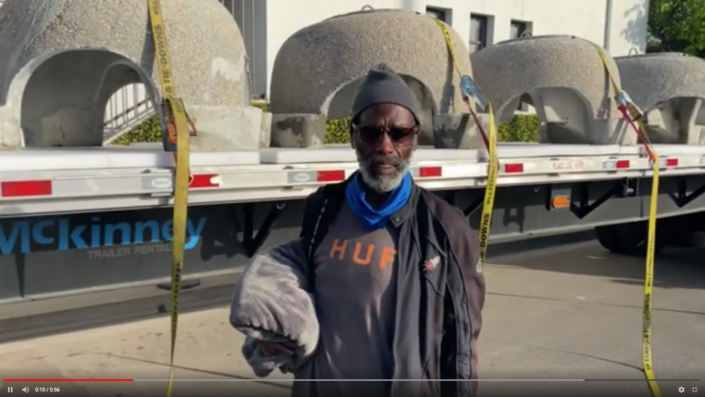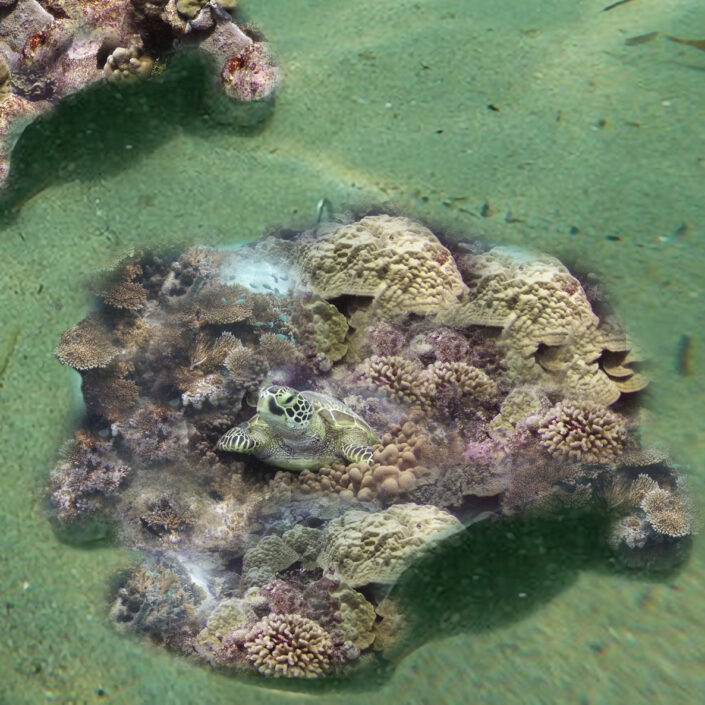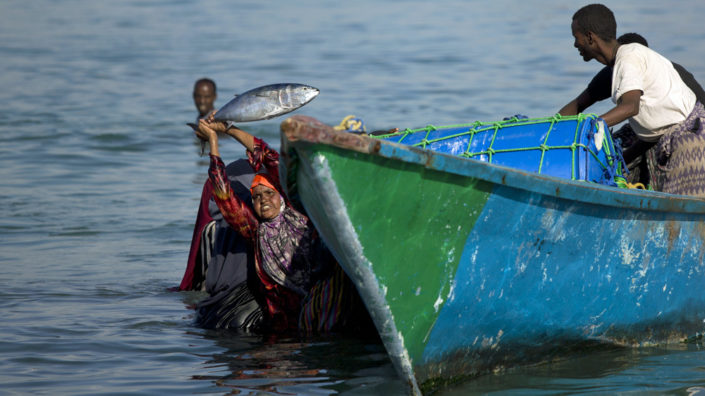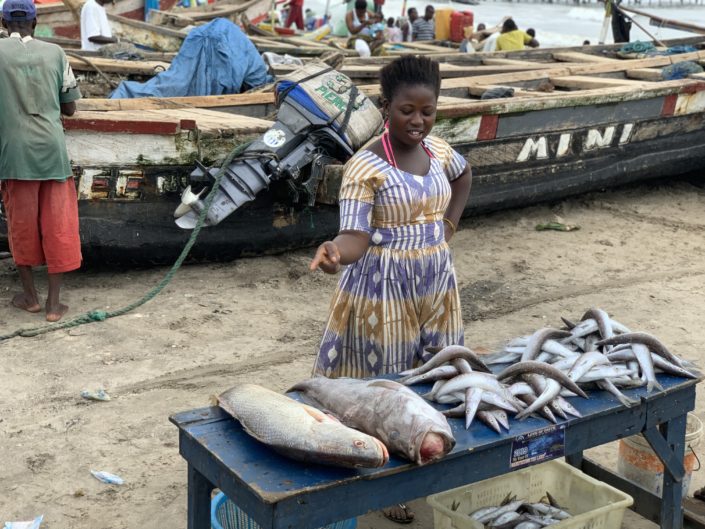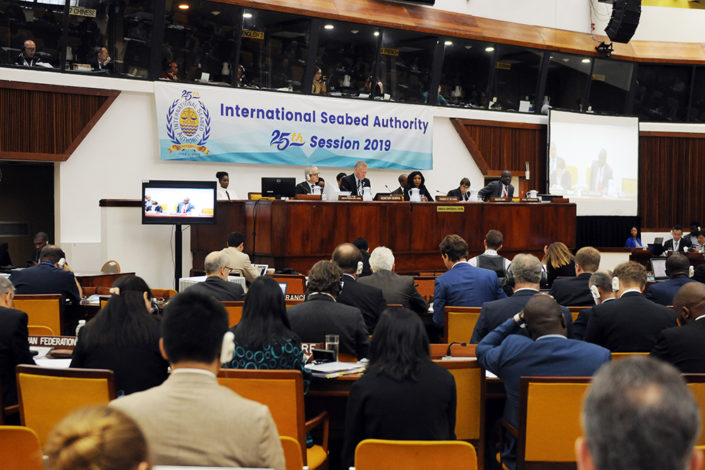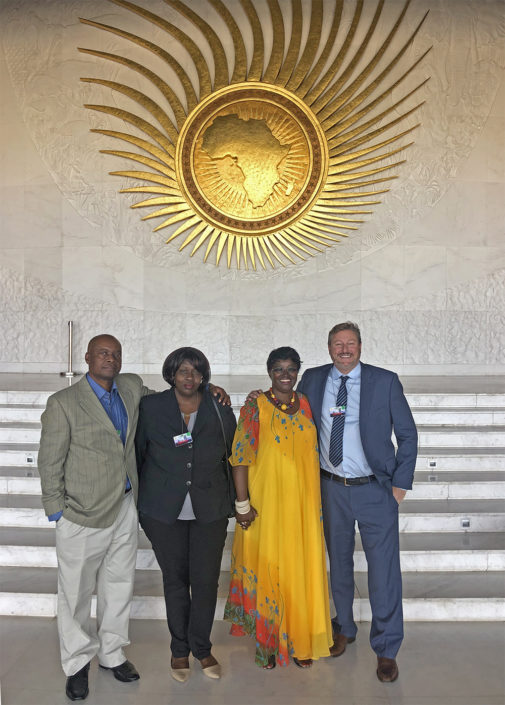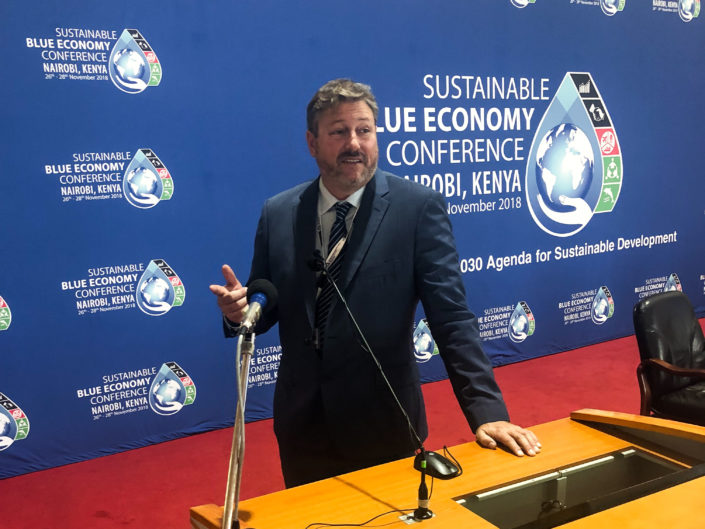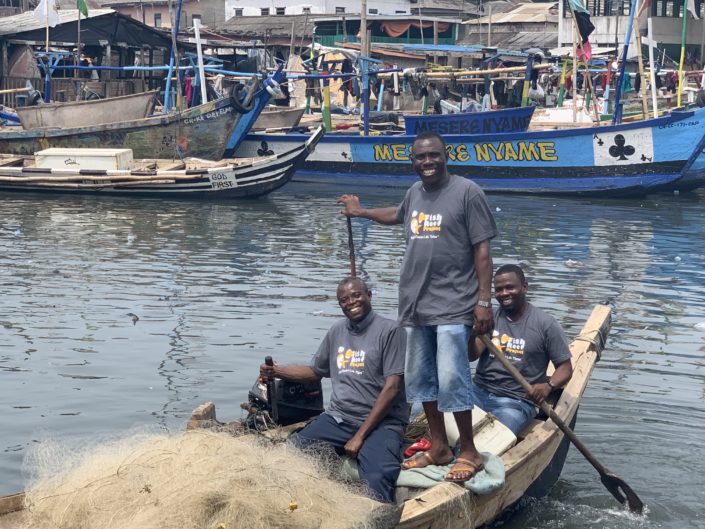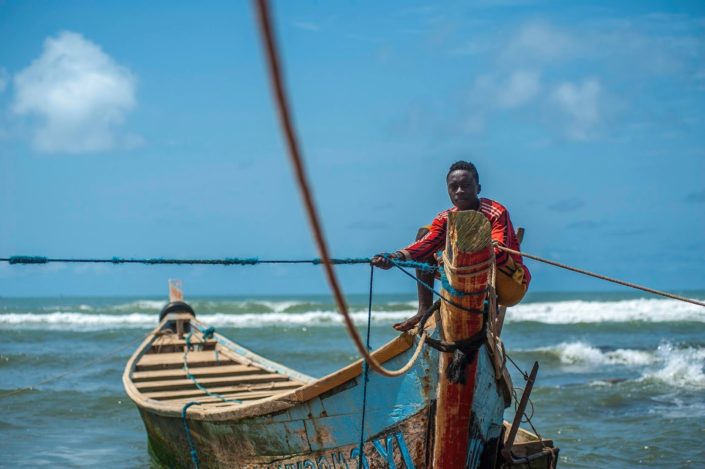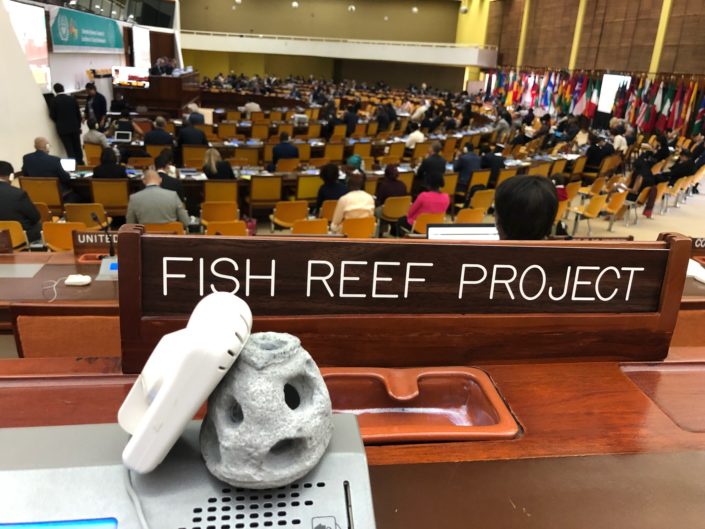
The fishing sector of Accra, Ghana represents the importance of West African artisanal fishers.
Accra plays an important role to national economic development objectives by significantly contributing to employment, livelihood support, poverty reduction, food security, foreign exchange earnings and resource sustainability.
Fish is a preferred source of animal protein in Ghana, and is expected to contribute 60 percent of the animal protein intake. Over 2 million fishermen, processors and traders participate in this sector. Over the years, locals have noticed a decline in local fish populations. The Fish Reef Project aims to change that.
